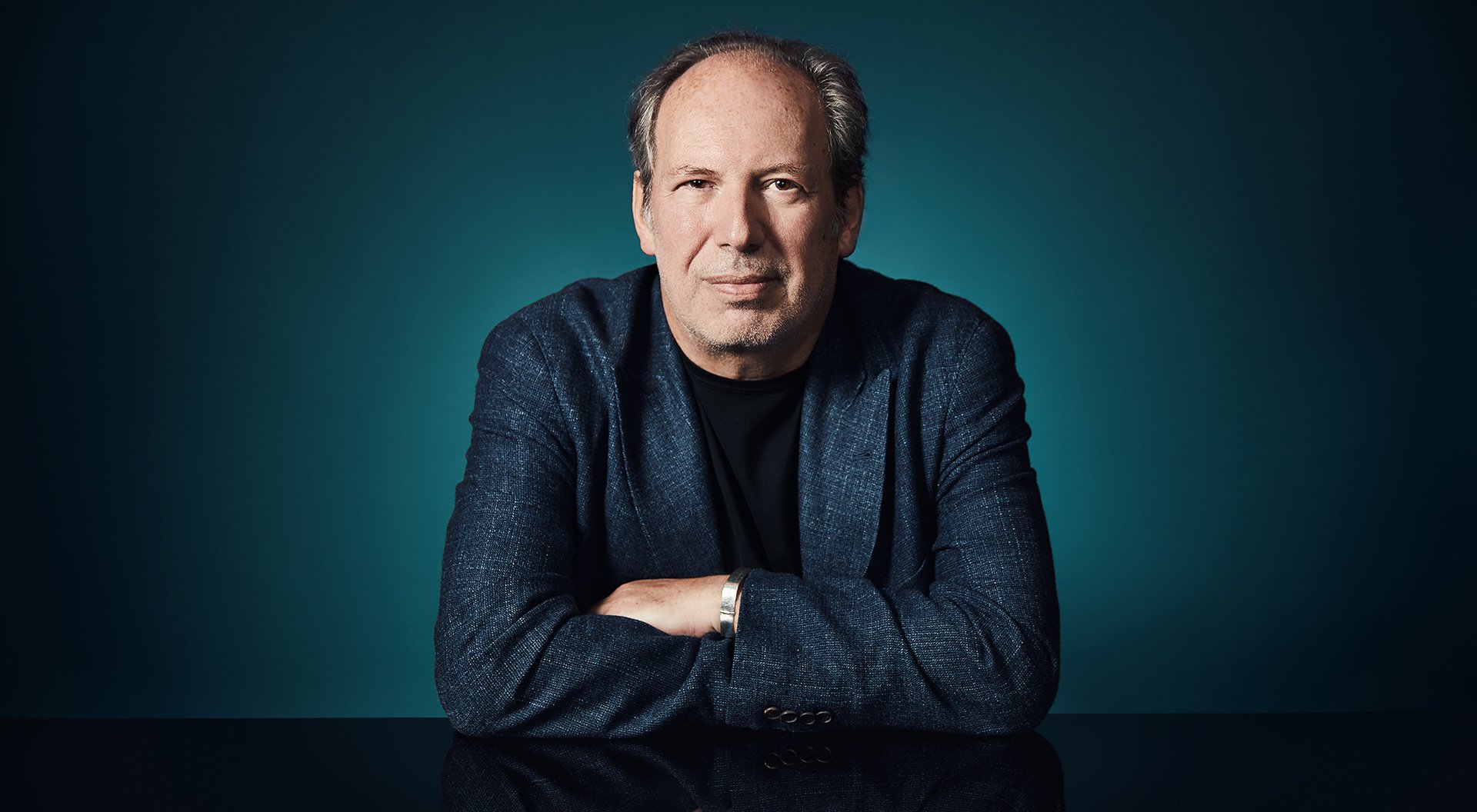Music’s Narrative Beauty
/The mind-blowing twists. The final battles. The confessions of love. What do the best of these moments have in common? Music acting as both an emotional intensifier and a dramatic punctuation mark.
Photo: Hollywood Mask
Music has a way of transporting the imagination. Film, with its emotional highs and lows, is rife with opportunities to connect music with memories. Anyone like me who immediately tries to find the soundtrack after finishing a great movie can likely remember a song that has done just that.
But while links between songs and scenes are often the most memorable, some of the best soundtracks represent the movie as a whole; the awe-inspiring symphonies, sober violin pieces or high-tempo beats that guide you through the two hour long emotional rollercoaster. No wonder a small sound snippet can instantly bring a movie to mind years later.
It’s through this lens of music’s inextricable ties to film that I want to dive into several famous soundtracks.
Spoilers ahead for anyone who hasn’t seen the movies mentioned.
Interstellar
The first movie that comes to mind when I think of mind-bending scale is Interstellar. It’s considered by many to be legendary film composer, Hans Zimmer’s best score, and I agree.
Capturing an appropriate soundscape for a movie that stretches the mind’s comprehensive limits of both time and space seems like an impossible task, but Zimmer nails it.
A track that stands out for many is ‘Cornfield Chase.’
The piece opens with a resonant melody of the score’s iconic organ music. It creates a melancholic gravity that feels as if a life-changing decision is about to be made.
Then, an abrupt shift to what sounds like dozens of pianos creates a vivid mental image of thousands of stars that you are racing towards at the speed of light.
Finally, these two effects are blended into a rising crescendo of pure wonder that makes it clear why this track is the score’s most popular.
‘Who’s they’ is another memorable piece that embodies the film’s urgent sense of tension perfectly.
As can be heard above, the song begins with a slow, methodical build-up of a hauntingly beautiful piano composition. This, to me, captures the feeling I would expect of realizing that humanity’s only hope lay in the depths of space.
The track then ramps up into deep, lingering organ music that acts as the song’s crescendo. It’s a captivating section that harmonizes exceptionally well with having realized the true scale of space.
Finally, the piece quiets to near silence, with only a woodwind instrument playing softly. I couldn’t fathom a better segue from the awe of discovery to the bleak hopelessness of facing the endless chasm that is our universe.
Manchester By The Sea
I haven’t seen a movie as bleak and hopeless as Manchester By The Sea. Much of its depressing mood has to do with its themes and plot, but I’d give equal credit to its soundtrack.
The film features one of the most striking combinations of music and scene with Thomaso Albinoni’s ‘Adagio Per Archi’ playing as Lee faces the aftermath of his children’s death.
The following video features an attempted suicide.
A violin melody croons in the background of Lee’s conversation with the police. When it turns out he can go home, the heart-wrenching violin takes over the scene. The wailing of violin strings seems identical to the horror that must be happening within Lee.
Further, an underrated aspect of a great film score, especially for a movie as depressing as this, is how its absence is felt.
The silence punctuates the utter emptiness Lee is left with in the face of his past. His discomfort is palpable, and no music would do this scene a similar justice.
Challengers
On the complete opposite end of the tonal spectrum, Trent Reznor’s and Atticus Ross’ score for Challengers is the epitome of up-beat tension.
‘Match Point’ exemplifies the score’s effort as a whole and as a pairing with specific moments.
The techno beat paces the scene with sections of quick, tension-filled accompaniments to the match and quiet base that mimics a heartbeat. Then, the increasingly frantic pace mimics the adrenaline both players must be feeling.
This style of music is present throughout the film and ties the plot up nicely as the final track played.
Whether it’s the haunting organ of Interstellar, the wailing violin of Manchester By The Sea, or the pulse-quickening bass of Challengers, a film’s soundtrack can make or break the experience.
As a professional writing student at Algonquin College, Adam Dickson combines a passion for writing with an interest in the deeper meanings of music. He will frame his perspectives through experiences with the psychologically healing properties of music and its possible philosophical nuances. He aims to piece together themes and messages common to popular musical pieces and movements. It is his hope that each post promotes a greater depth of thought into an aspect of music. Adam’s focus lies in classical music, where more historical context can be found but hopes to cover many different cultures.




